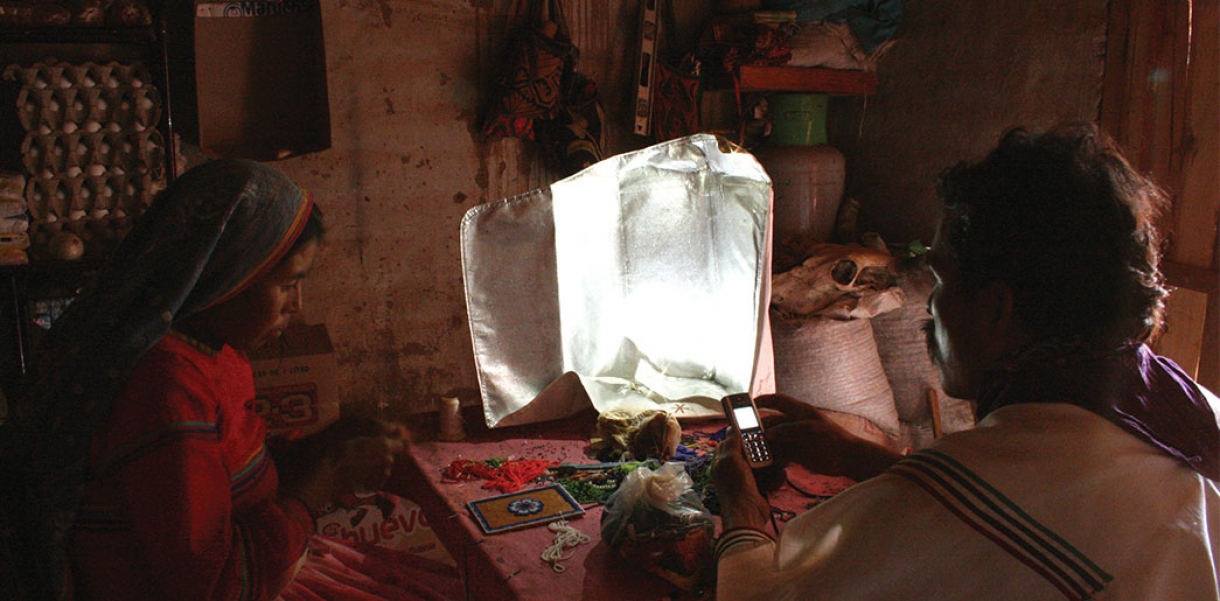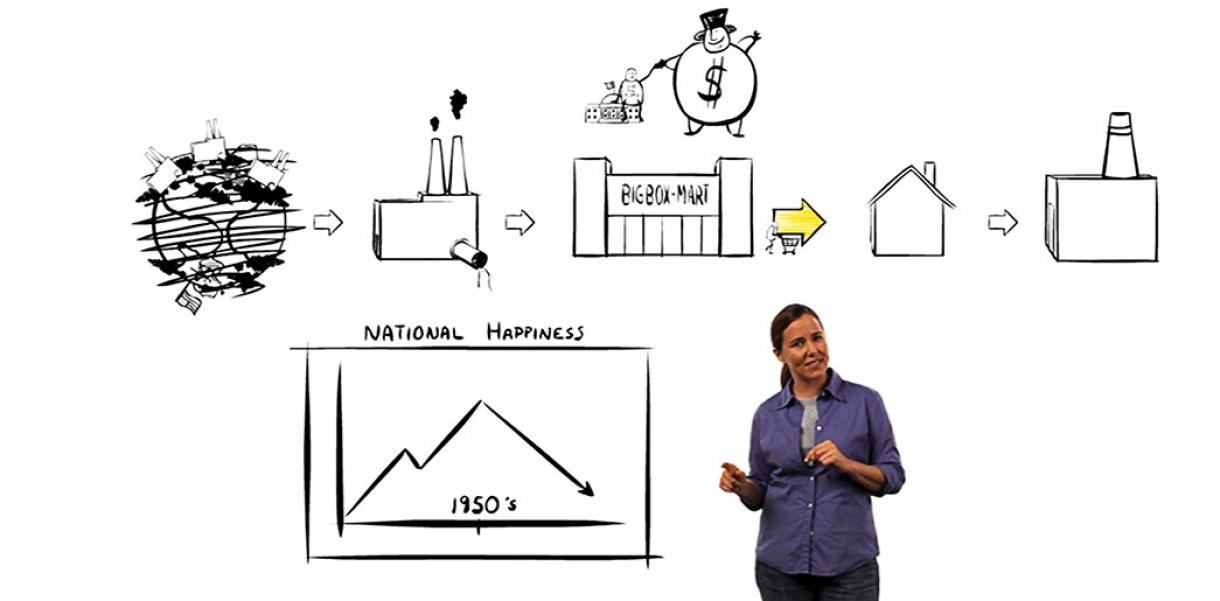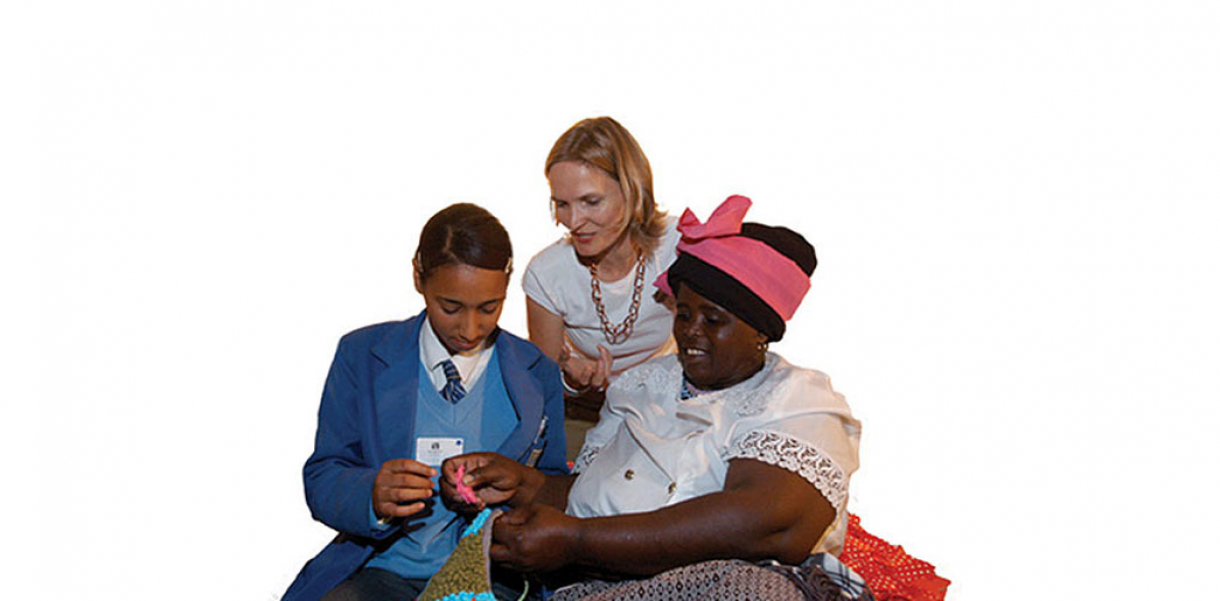More than 2 billion people live without electricity, most in extreme poverty. The Portable Light Project creates new ways to provide renewable power in solar textiles that can be adapted to meet the needs of people in different cultures and global regions. Portable Light textiles with flexible solar materials and solid state lighting enable the world’s poorest people to create and own energy harvesting bags, blankets, and clothing using local materials and traditional weaving and sewing techniques in an open source model.
Folded in an upright position, the solar textile is self-supporting and can be hung from a ceiling or wall to light up spaces. “Our design improves the lives of poor and traditional people by providing the means to co-create and own energy-harvesting textiles as an integral part of daily life process that creates jobs and promotes clean energy ownership. Inter-related benefits flow from the idea of a flexible, portable, lightweight solar textile as a versatile material for clean energy. Solar textile kits can be scaled to meet global needs in an affordable process with 40% lower carbon emissions than glass-based solar panels and reduced fuel for transportation.
In Mexico, Portable Light in traditional woven bags enables women weavers to increase family incomes, providing access to micro-loans. In Nicaragua, Portable Light in a locally made pack enables villagers to have light for community education and work at night as conservationists protecting turtle nests.
In South Africa, tuberculosis/HIV patients can use Portable Light in a blanket to generate power for their families as they are cured by exposure to sunlight. The ability to charge cell phones with Portable Light enables people to benefit from connectivity to mobile technology that is transforming health care, business, and education in the developing world. Renewable light extends useful time at night, creating unprecedented opportunities to study and work to improve household incomes. Family health is improved by reducing the need to burn fuels for light, reducing deforestation, and kin can link solar textiles in a clean energy network for community projects.”
Designed by
Patricia Gruits, Sheila Kennedy, Sloan Kulper, Jason O'Mara, Casey Smith, Heather Micka-Smith, Charles Garcia - Boston, United States
Website
http://www.portablelight.org




